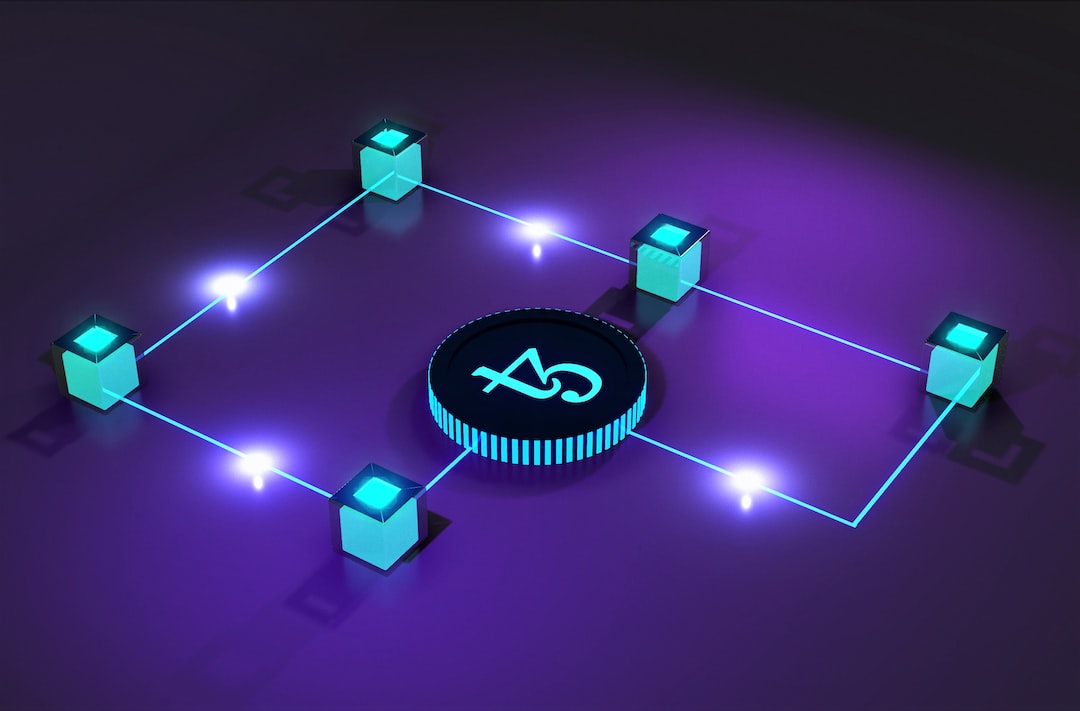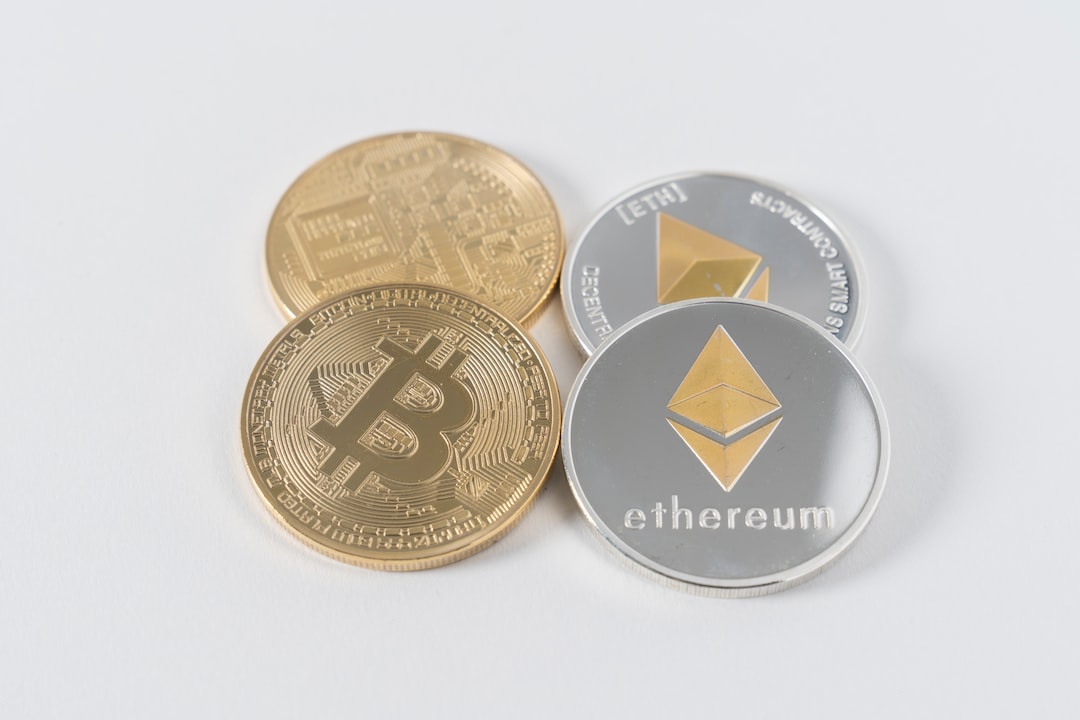The UK Supreme Court Rules Against AI Inventor
In a significant case involving artificial intelligence (AI) and patent law, the UK Supreme Court has made a ruling against Dr. Stephen Thaler. Dr. Thaler sought to have his AI system, DABUS, recognized as the inventor of two patents. However, the court unanimously concluded that under current law, an inventor must be a natural person.
The Interpretation of the Patents Act of 1977
Central to the case was the interpretation of the Patents Act of 1977, which requires an “actual deviser” of an invention to be named as the inventor in patent applications. The court reasoned that at the time the act was drafted, AI systems were not envisioned as potential inventors.
Ownership and Transfer of Patent Rights
The court also addressed whether Dr. Thaler could claim the patents by owning DABUS. However, they dismissed this notion on the grounds that DABUS is not a person and therefore cannot hold or transfer patent rights.
The Doctrine of Accession Rejected
Dr. Thaler’s argument based on the doctrine of accession was also rejected by the court. They held that since an invention is intangible, this principle does not apply in this context.
Implications for AI’s Role in Inventive Processes
This ruling upholds traditional interpretations of inventorship and entitlement laws while acknowledging the complexities brought about by AI’s involvement in creative processes. However, it leaves open questions about AI’s role in future inventive processes. Courts in Australia and South Africa have taken different stances, recognizing AI as capable of being named as an inventor.
Hot Take: The Future of AI Inventors in Patent Law
The UK Supreme Court’s ruling against recognizing AI as inventors sets a precedent for the role of AI in patent law. While this decision maintains the traditional definition of inventorship, it highlights the need for further exploration of AI’s legal status in intellectual property realms globally.





 By
By
 By
By
 By
By
 By
By

 By
By